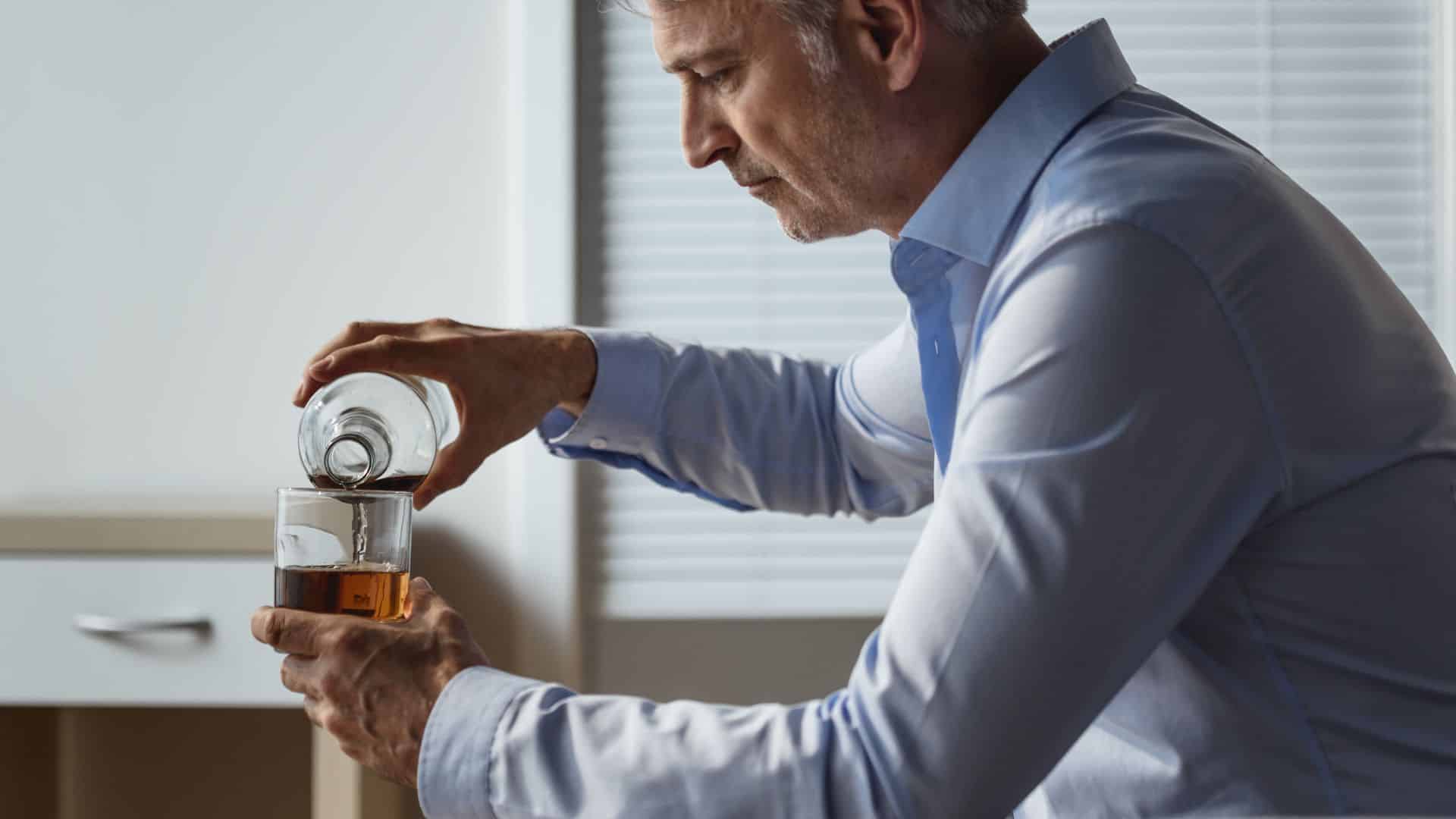
The National Institute on Drug Abuse (NIDA) report

One of the most difficult challenges a person

Maintaining long-term sobriety from addiction is n

Alcoholism is a common problem in the United State
Battling with Drug and Alcohol Addition? Remember, you are not alone and we are here to help you!

The National Institute on Drug Abuse (NIDA) report

One of the most difficult challenges a person

Maintaining long-term sobriety from addiction is n

Alcoholism is a common problem in the United State
Struggling with addiction but not sure where to start? You’re not alone.
For many people, the idea of getting help feels overwhelming—especially when they don’t know what to expect. That’s where substance abuse counseling comes in. It’s a powerful tool that provides professional guidance, emotional support, and practical strategies for overcoming addiction.
Working with a substance abuse counselor helps people with addiction. This support is important for those in recovery or trying to avoid relapse. It offers guidance, tools, and emotional support to make lasting changes.
Substance abuse counseling is for:
Substance abuse counseling is not only about stopping drugs or alcohol as part of treatment planning. Working with substance abuse counselors also helps people understand why the addiction started. The goal is to replace bad or detrimental habits with good, lasting ones.
Many therapies are used in counseling. For example, cognitive behavioral therapy (CBT) helps individuals change negative thought patterns, while motivational interviewing (MI) encourages long-term commitment to sobriety.
One of the biggest benefits of counseling is its flexibility. It is available in many different settings, such as:
If you’re looking for substance abuse counseling in Florida, Solutions Healthcare can help. We offer support, structure, and accountability.
Whether you are in inpatient rehab, an outpatient program, or private therapy, you’ll get support. You can expect guidance, emotional help, and useful tools to help you rebuild your life.
Your first session in addiction counseling will focus on your history of substance use and mental health. It will also look at your challenges.
Your licensed counselor is a mental health professional who will assess:
Your counselor will help you set short-term and long-term recovery goals.
Counseling sessions will use different proven therapies. These will help you spot harmful behaviors, change your thoughts, and develop healthier, more effective ways to cope.
One of the benefits of substance abuse counseling is learning to prevent relapse. It helps people handle life’s challenges without using drugs or alcohol.
Addiction counselors help you:
Many people who are struggling with addiction also deal with mental disorders like anxiety, depression, PTSD, or bipolar disorder.
Substance abuse counseling often includes treatment for dual diagnosis. This means that we treat both addiction and mental health issues together. This approach helps make recovery more effective.
Finding the right substance abuse counseling is one of the most important steps toward lasting recovery.
Knowing where to start can help, whether you need individual therapy, group support, or a rehab program.
Seeking care from licensed professionals and accredited rehab centers ensures that you receive high-quality, evidence-based treatment.
Here’s how to verify a provider’s credibility:
Choosing a reputable provider ensures you get the best care possible for long-term recovery.
Many insurance plans cover substance abuse counseling either partially or fully, but coverage varies. Contact your insurance provider to ask about:
If insurance isn’t an option, many treatment centers offer sliding-scale fees, payment plans, or financial assistance.
Everyone’s recovery journey is unique. Finding the right type of counseling makes a big difference in success.
Options include:
If you don’t know where to begin, talk to a treatment center or addiction expert. They can help you find the best counseling option for you.
Many rehab centers offer free assessments to help you explore treatment options and decide on the right path forward.
At Solutions Healthcare, we provide professional substance abuse counseling in Florida. Our team offers support and guidance to help individuals navigate recovery.
Contact us today to take the next step toward a healthier future.
At Solutions Healthcare Treatment, we’re committed to making your journey to sobriety as smooth as possible. We’ll handle all the details, providing you with a clear and confident path forward. Just one call can be the beginning of your transformation, making us your trusted partner in battling addiction and mental health issues. Today is the day to claim your freedom from these struggles and start living the life you deserve.
Call Us Now: (386) 866-3600Solutions Healthcare Recovery Solutions makes numerous media outlets available to encourage you in your recovery process. Digital media literature is approved by a licensed professional and intended to guide you in your recovery path.

Years of combined experience
Our leadership team has extensive experience in dual-diagnosis treatment and is ready to help those who are struggling with substance use and mental health.

Specialist
Our staff consists of many licensed addiction and mental health treatment facilitators and other staff who are ready to share their experience and their success.

Happy patients
Solutions Healthcare has helped over 2,000 people who have struggled with substance use and mental health.
Reaching out to Solutions Healthcare may be the most important call of your recovery process. A caring professional is waiting for your call to be your guide to recovery and wellness.